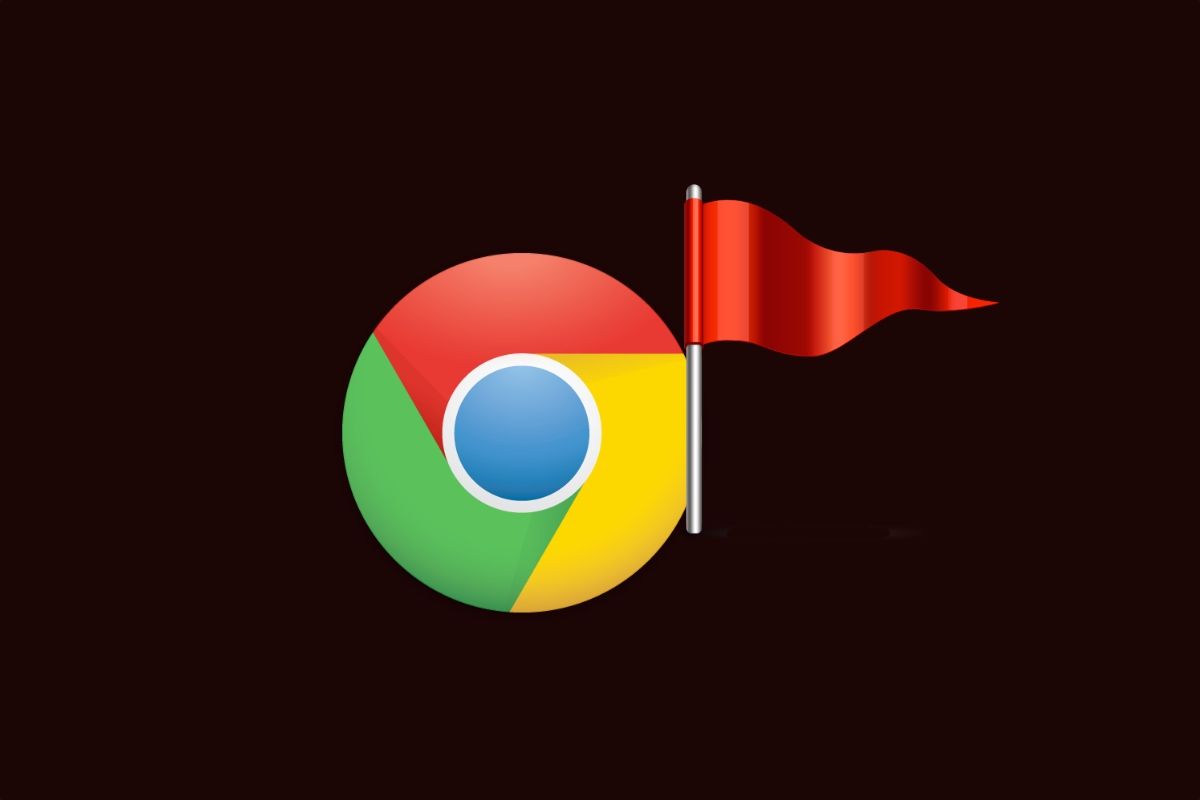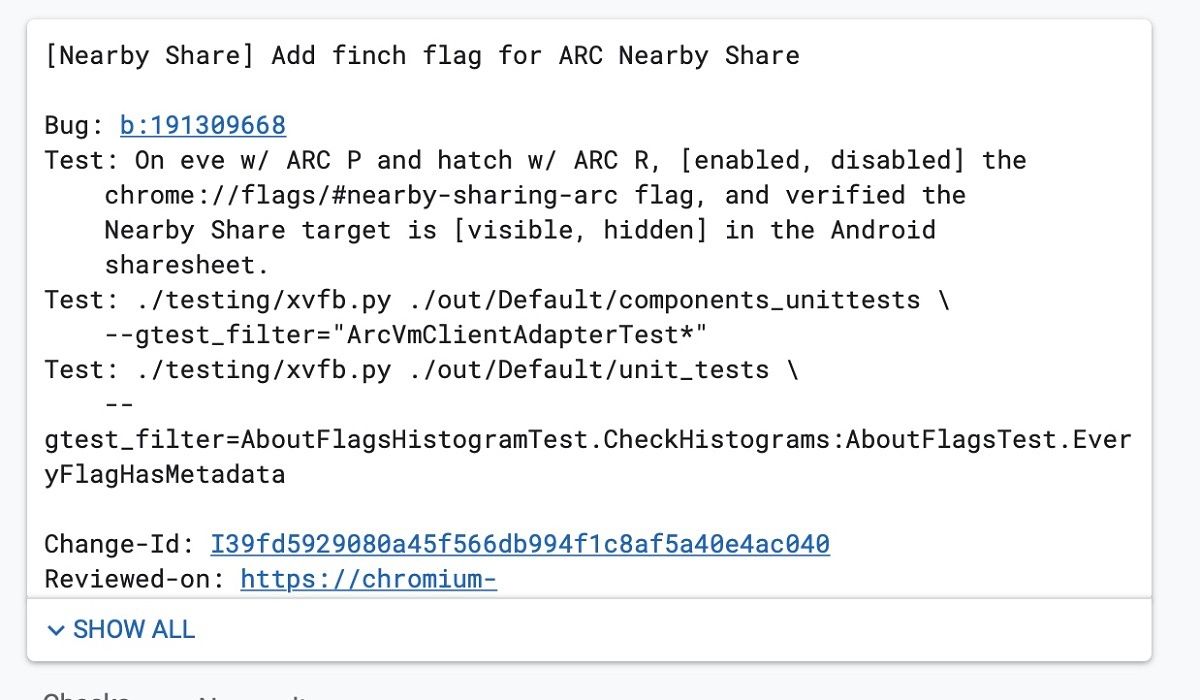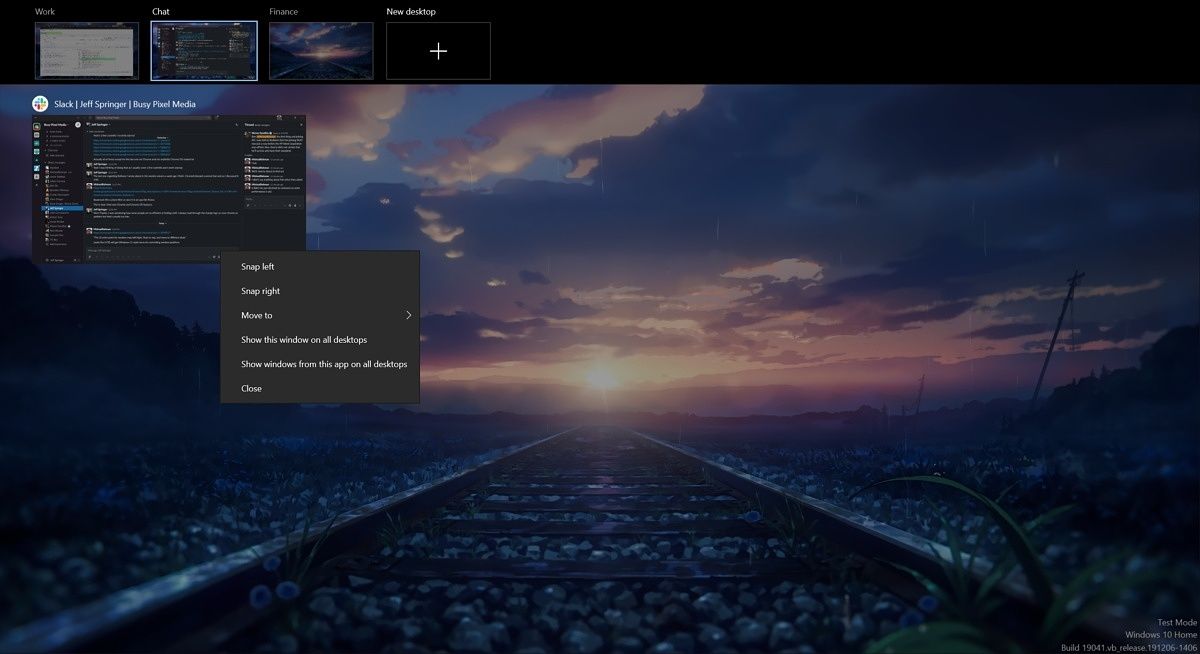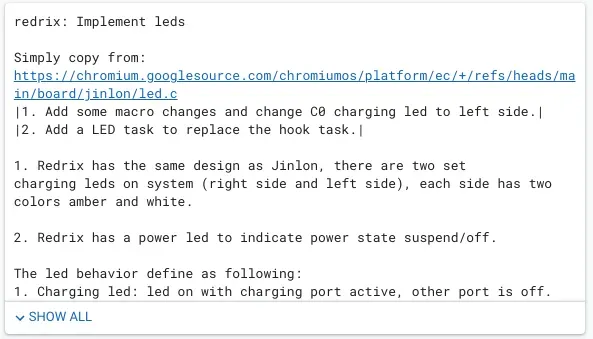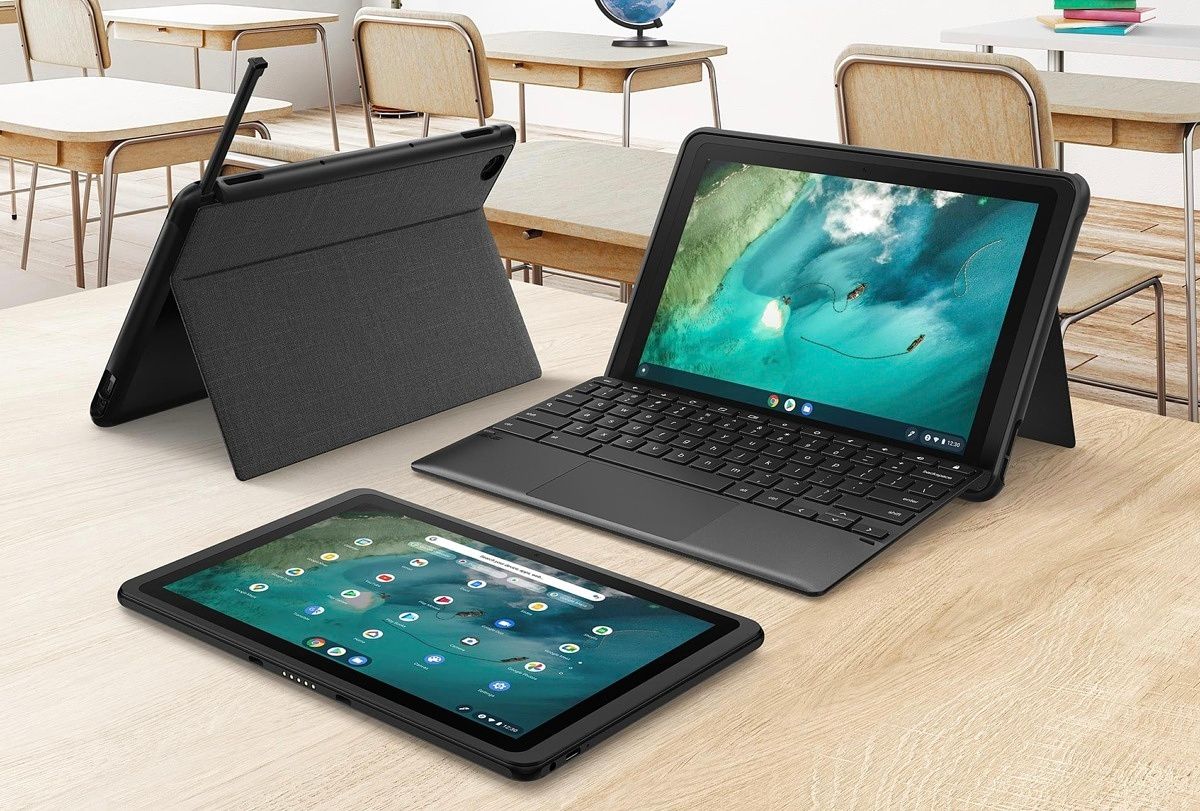We're back after a week off. Last week, Samsung pretty much dominated tech news so there wasn't too much to say about Chrome. Let's look at this week in Chrome OS. This week we have several interesting Chromium commits to examine for upcoming features. Not only is Chrome browser getting some Material design changes, Chrome OS is adding some useful new features to better integrate with Android.
There were also a few new Chromebook hardware announcements and leaks, particularly when it comes to HP. We expect that this trend will continue the next month or so as we are in back to school season. We'll talk about some of the upcoming devices and preview what else might be on the horizon. I'll also give a brief plug for my ASUS Chromebook CX9 review, as well as a comparison with the Galaxy Chromebook 2.
I've decided to reorganize the column format a bit, so you can find the stuff you want to read. Going forward, we'll kick things off with upcoming Chrome features/updates, move to hardware announcements, then finish with any random bits that don't belong anywhere else. Let's get to it.
Upcoming Chrome OS features/updates
Chrome's Material makeover
We all know about Google's efforts to revamp Material design in Android 12, so it makes sense they would continue these efforts in other products. Originally spotted by Kent Duke at Android Police, the Chrome browser is getting a Material makeover with fewer blue accents.
This new Chromium Gerrit commit adds styling updates to Chrome's preferences, bookmarks, downloads, extensions, and history. You can enable the changes by using the flag:
chrome:flags#webui-branding-update
It appears that this flag mainly impacts the styling for the light theme in Chrome. If you're using dark mode the changes are a bit less noticeable. There is a slightly higher contrast in dark mode, but much less noticeable than the change from blue to white in the light theme.
Nearby Share integration in Android apps
Chrome OS integration with Android is getting progressively better. It's already possible to receive all notifications and messages on your Android phone in Chrome OS. Now, Google is preparing to add Chrome OS Nearby Share within Android apps.
We originally spotted this Chromium Gerrit commit earlier this week. The commit shows that Nearby Share is being tested in Android apps. It appears developers have tested the functionality already on the Hatch and Eve Chrome platforms. Clearly, this would make it much more convenient to share content on your Android phone with a nearby Chromebook. Adding a share option within apps will also encourage users to use Nearby Share more often, as it's currently not that easy to utilize.
We're not sure exactly when Nearby Share will be available in Android apps, but we'll certainly keep a close eye on this developing feature.
Chrome OS gaining Windows-style positioning menu
In another interesting Gerrit commit, it seems Chrome OS will soon gain a Windows -style menu for controlling window position. This commit is very scant on details, as this is the first commit for the new feature. We expect that this will look something like the Windows menu seen below.
Obviously, this feature will be tested using a Chrome flag, so we'll have a chance to test it out eventually. This is a welcome feature as Chrome OS isn't the most intuitive for controlling and repositioning windows. We'll continue following this for more developments.
This week in Chrome OS: Hardware
HP developing Alder Lake c1030
Our friends at Chrome Unboxed have uncovered evidence that HP is working on an Alder Lake version of the premium Chromebook c1030. This hardware discovery also comes to us by examining a Chromium commit. It appears the new Alder Lake model is code-named Redrix internally.
We know this will be an update to the c1030, the commit says as much by indicating the two devices have the same design. This is very exciting as the c1030 is one of the best Chromebooks out there right now. An update to the aging processors would be welcome by many HP fans.
HP Pro c640 updated for 2021
The HP Chromebook Pro c640 was recently refreshed for 2021. You get newer 11th-gen Intel processors and the price is also lower at $849. This isn't a significantly larger upgrade, but the price reduction is substantial. The 2020 model of the Pro c640 ran over $1000, which is expensive even for an enterprise device.
If you're an enterprise customer, this is a solid upgrade for the internals. The build hasn't been updated and the original dim display (250 nits) doesn't appear to have any improvements either. Still, the Tiger Lake chips and Iris Xe graphics definitely make this an impressive device from a performance perspective.
ASUS launches rugged detachable for education
ASUS has launched a landing page for the all-new ASUS Chromebook detachable CZ1. This device is identical to the ASUS Chromebook CM3 detachable, aside from new rugged improvements. This is a clear play for the education sector, with durable rubber trim and 3D texture for easy grip.
On the inside, the ASUS Chromebook CZ1 features the same MediaTek Kompanio 500 found in the CM3 and Lenovo Duet. It also comes with 4GB of RAM and two storage flavors of either 64GB or 128GB of eMMC. It has the same 1920 x 1200, 16:10 display, garaged stylus, and a single USB-C port. You also get a 3.5mm headphone jack, something not included in the Lenovo Duet.
One nice thing about the CZ1 is the inclusion of a keyboard case in the purchase price. Many detachable devices have optional keyboard case, but for an education device it's great to see everything in the box at purchase. The keyboard case also feature a touchpad, something ASUS has omitted from previous detachable keyboards. There's no pricing just yet, but this looks like a great device for K-12 students.
This week in Chrome OS: Random bits
I encourage everyone to check out my full review of the ASUS Chromebook CX9, it's definitely the best Chromebook money can buy right now. I also did a full comparison with the CX9 and Galaxy Chromebook 2, two devices that are similar in many ways. Currently, the CX9 has replaced the Galaxy Chromebook 2 as my go-to Chromebook for daily use, mainly thanks to the keyboard.
Hopefully we will start hearing more information about Vulkan support on Chrome OS as we get closer to Borealis becoming a reality for Chrome OS. Until then, there should be plenty of interesting hardware coming up to take a look at. I'm personally holding out hope Google will surprise everyone and release a Pixelbook Go successor in October. Let me know what you'd like to see in a new Pixelbook in the comments.

